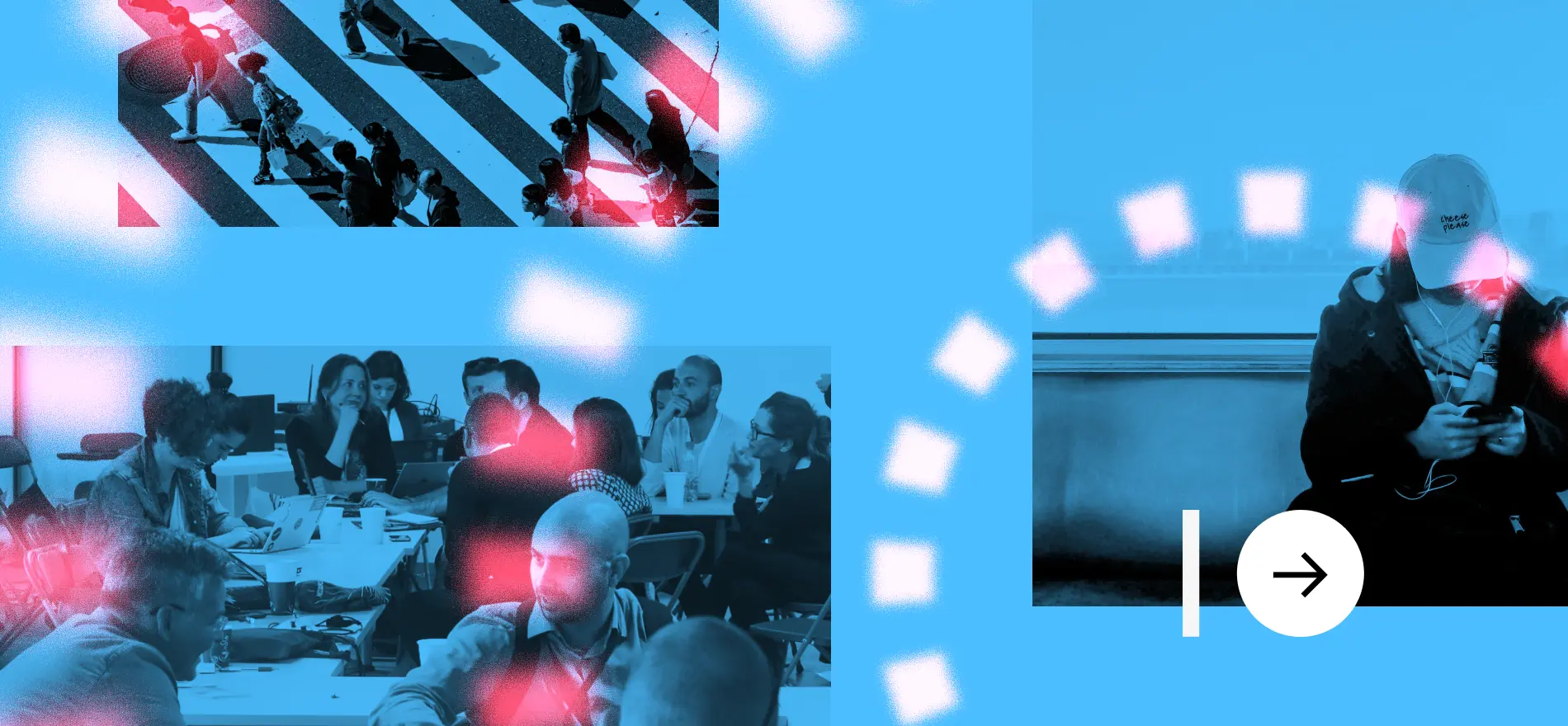As an organization that believes in advancing an equitable internet, we have a keen interest in both leveraging new technologies to promote free expression and also preventing the malicious deployment of these tools against a free press.
This month, we’re reflecting on World Press Freedom Day, which took place on May 3.
This blog post was adapted from the May 2025 edition of our monthly newsletter. Subscribe to the Checklist today.
In a direct appeal to governments and tech platforms about the impact of AI on our information landscape, United Nations High Commissioner for Human Rights Volker Türk warned against the weaponization of AI by political actors.
“AI-based algorithms often dictate what we see, shaping our opinions and perceptions of reality. Politicians use AI to weaponize disinformation and advance their own agendas,” Türk said.
“States are also using AI tools to monitor journalists and their sources online, violating their right to privacy. This has a chilling effect on media workers everywhere. And women journalists are disproportionately targeted,” the commissioner added.
In light of this, we’re taking stock of what some of our partners and colleagues have to say about journalism in the age of artificial intelligence.
AI influences the African media landscape — for better and worse
As our friends at Code for Africa have discussed, some media outlets are embracing AI tools in their workflows. With newsrooms increasingly using AI for tasks like translation and tracking the spread of disinformation, some worry that these new tools could come with undesirable trade-offs. African journalists are also concerned about how AI data centers — which are powered by immense amounts of electricity and cooled by fresh water — might deplete the continent’s environmental resources.
A media vacuum in Sudan
Citing a study conducted by Meedan partner Beam Reports, a recent article from Sudanese media outlet Dabanga links this year’s World Press Freedom Day theme directly to the dire situation of Sudan’s current news landscape. With most media facilities in the capital of Khartoum destroyed by the civil conflict and with reporters out of work throughout the country, Dabanga reports that there is now a perilous news vacuum in Sudan. Researchers have shown over the years how state and paramilitary groups have exploited social media and AI to spread political disinformation in Sudan. As AI tools grow more powerful by the day, malicious actors could easily take advantage of current circumstances to promote their agendas.
Caste, gender, and press freedom in India
Khabar Lahariya, a division of the rural women-led organization Chambal Media, used World Press Freedom Day this year to shine a spotlight on how gender and caste affect women media workers in India. On Instagram, reporter Jyoti Yadav described how caste-based trolling and dismissive attitudes about women in media have affected her experiences as a reporter. “Why should I give a chance to any man to make me feel this way?” she mused. “I have adopted this rule,” she explained, “I let my work and integrity speak.”
Stereotypes related to social caste also bleed into AI systems. We know this from our research at Meedan, where we’ve explored how the limitations of today’s top large language models lead to a continued production of biases around social categories like caste even when they try to root out gender and race stereotypes.
How can we design safe AI systems that align with our goals?
As AI becomes more and more integrated into everyday life and work, our research team has been focused on answering important questions related to AI safety and efficacy. In a new article for the open-access journal Nature, Meedan Research Director Scott Hale and his co-authors explore the challenges that arise as AI tools such as chatbots become increasingly humanlike. How should we navigate the emergence of deeper, more persistent relationships between humans and AI systems? “By framing these challenges through a notion of basic psychological needs,” the authors write, “we seek AI systems that support, rather than exploit, our fundamental nature as social and emotional beings.”
We collaborated with 53 partner organizations worldwide to design and carry out our 2024 elections projects. We extend special gratitude to our lead partners in Brazil, Mexico and Pakistan, whose work we highlight in this essay.



The 2024 elections projects featured in here would not have been possible without the generous support of these funders.












